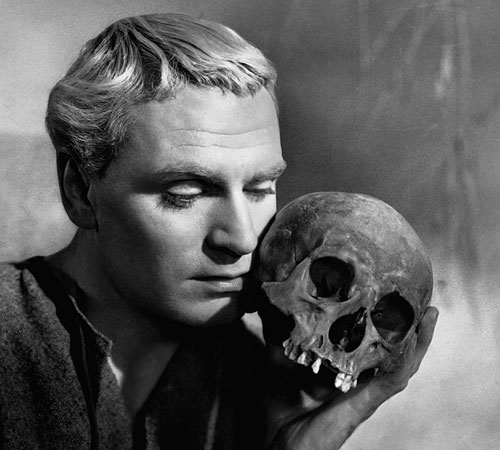To Apply Early to Med School or Not Just Yet?
- by
- May 02, 2014
- Reviewed by: Amy Rontal, MD

 So AMCAS is now out, and you’re probably already unable to sleep fretting about how early to submit. This is the perennial question: “How important is it to apply early to med school?” Or, on the flip side, “Is it wise for me to wait?”
So AMCAS is now out, and you’re probably already unable to sleep fretting about how early to submit. This is the perennial question: “How important is it to apply early to med school?” Or, on the flip side, “Is it wise for me to wait?”
There is tremendous pressure to apply early to med school for good reason: An early AMCAS application gives you the advantage of being considered first for interviews among a smaller applicant pool. Thus, if your application is strong, plow through and submit your AMCAS as soon as possible! However, the answer to our second question requires a lot more thought and honesty. Let’s break this down.
We know how anxious you are to start medical school as soon as possible, but we want you to apply at the right time for you. Why? Because admission to medical school is EXTREMELY competitive (there is a less than 50% chance that any applicant will get in), and reapplication can be even more challenging. Don’t risk this!
You are on the road to becoming a doctor, so let’s think clinically about this issue. To assess your chances of admission and the best time to apply, ask the following tough questions:
Is your GPA competitive?
The average accepted med student’s GPA is ~3.6 or above, with a BCPM (science/math) GPA of about the same or higher. If you’re not in that range but could be with a few more strong grades, consider waiting until you have those on your record, or enroll in a post-baccalaureate program to make an even bigger difference.
Do you have enough clinical experience?
Med school admissions committees want to see a minimum of ~100 hours of clinical experience (shadowing, etc). Be sure to meet this minimum if you want an early med school application to matter.
Have you demonstrated an ability/desire to lead and serve others?
Community service and volunteer work continue to increase in importance in the med school admissions process. Do you have a track record of service and leadership? If not, it will be essential to find ways to do so in a meaningful way before applying to med school.
Have you done scientific or clinical research?
Although being published or otherwise recognized is not required, experience with real “bench” or clinical research (over a significant duration) will be expected by most med schools.
Is your MCAT score competitive?
The average MCAT score of accepted students is ~31. If you haven’t achieved that yet, or if you aren’t seeing practice test scores (on AAMC exams) in the low to mid-30s, you should not rush your MCAT. Consider whether applying early will just distract you from performing at your peak on the MCAT.
Ultimately, an early med school application is advantageous ONLY if it is also a STRONG application. Applying early to medical school will not compensate for major gaps or weaknesses in your GPA, experiences or MCAT score. If these things exist, take a step back and think responsibly and clinically about what will be in your best long-term interests. Rushing to apply early may only distract you from making plans to strengthen your application over the summer or next year. And if you are too hasty, you may turn one gap year into two or even three (unless you are willing to apply to Osteopathic or international medical schools instead).
The best news is that medical schools are increasingly eager to admit applicants who have taken gap years, explored other careers, learned from mistakes or even just followed another passion for some time before applying to med school. Many observers and advisers even see an advantage in taking this route. Before you take the plunge into the all-consuming med school admissions process, make sure that you are doing it at the best moment to maximize your chances of achieving admission.









